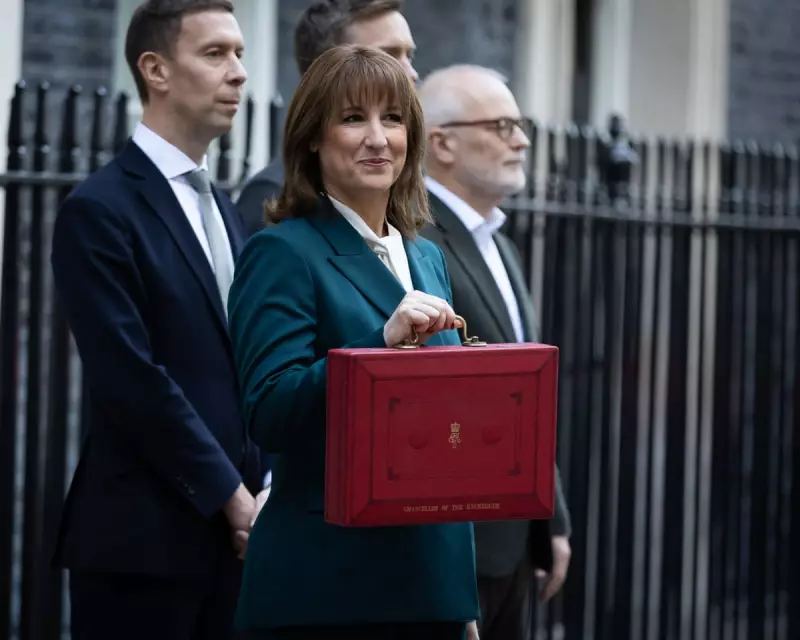
Chancellor of the Exchequer Rachel Reeves has launched a major fiscal intervention, targeting Britain's wealthiest households with a £26 billion tax-raising budget. The funds will be used to abolish the controversial two-child benefit cap and implement cuts to energy bills, marking a significant shift in the government's approach to public finance and social support.
The announcement, which followed a chaotic day that saw key budget details accidentally released early by the Office for Budget Responsibility (OBR), saw the Chancellor defend her strategy by stating she was "asking everyone to make a contribution to repair the public finances", while ensuring the wealthiest contribute the most.
Key Tax Measures and Economic Impact
Central to the budget is a series of measures aimed at high-net-worth individuals. These include a new council tax surcharge for properties valued over £2 million—often dubbed a 'mansion tax'—and a 2p increase on tax for income from dividends, savings, and property.
In a move that will affect millions of workers, the Chancellor has extended the freeze on income tax and National Insurance thresholds for an additional three years. This policy of 'fiscal drag' is projected to bring 1.7 million more people into the tax system or push them into a higher tax band by 2030-31, raising an estimated £12.4 billion.
The OBR forecasts that this will result in nearly one in four taxpayers (24%) paying the higher or additional rate of income tax within five years. Specifically, the freeze will drag 780,000 into the basic rate, 920,000 into the higher rate, and 4,000 more into the additional rate.
Funding Social Reform and Easing Cost of Living
A cornerstone of the budget is the full scrapping of the two-child benefit limit, a policy the government says will lift 450,000 children out of poverty at an annual cost of £3 billion. "I don't intend to preside over a status quo that punishes children for the circumstances of their birth," Reeves told a cheering Labour backbench.
To address the cost-of-living crisis, the budget removes green levies from household energy bills, transferring them to general taxation. This is expected to reduce the average energy bill by £150 per year from April. A freeze on rail fares was also announced as part of a package to "bear down on inflation".
Market Reaction and Fiscal Caution
Financial markets responded positively, with yields on 10-year government bonds falling to 4.41%, thereby lowering the cost of government borrowing. The Chancellor more than doubled her fiscal buffer against her self-imposed rules to £21.7 billion.
However, analysts and economic think tanks issued notes of caution. The Institute for Fiscal Studies highlighted that the budget is heavily "backloaded", with the bulk of tax rises and borrowing reductions scheduled for the later years of the parliament. The Resolution Foundation welcomed the cost-of-living measures but warned that the "fiscal repair job" is largely postponed until 2028, leaving the economy vulnerable to changing economic winds.
Despite internal Labour praise for what was described as a shift towards "Labour values", some MPs privately expressed concern about the impact on the "squeezed middle", including nurses, teachers, and police officers. Conservative leader Kemi Badenoch dismissed the statement as a "Benefits Street budget," accusing Reeves of making ordinary people pay for her policies.
With the UK tax burden set to rise to a record 38% of GDP and real household disposable income growth projected at a meagre 0.25% annually, the Chancellor has tasked her party with winning the public argument for a budget that seeks to balance social ambition with fiscal restraint.





